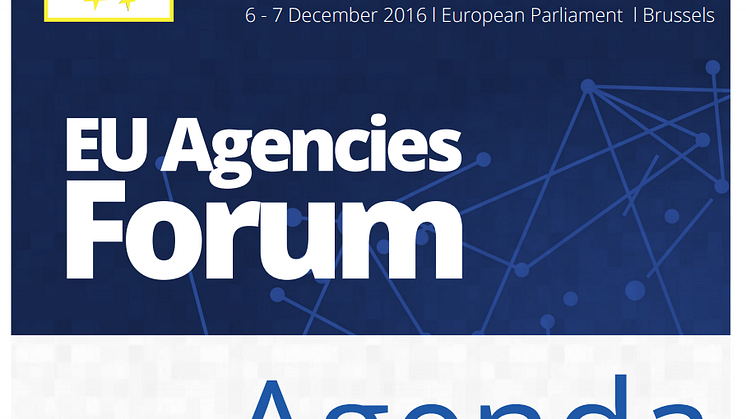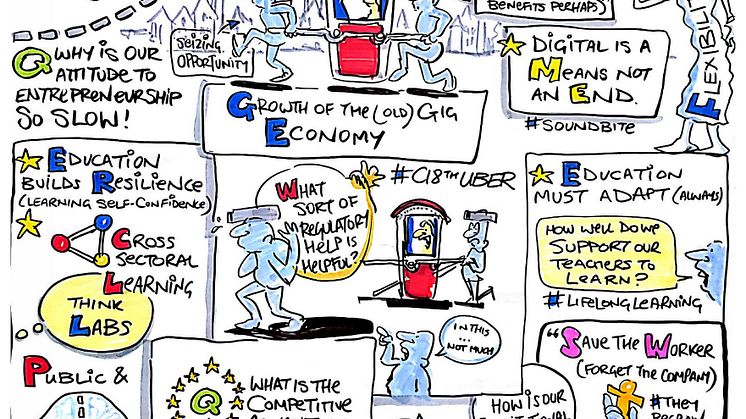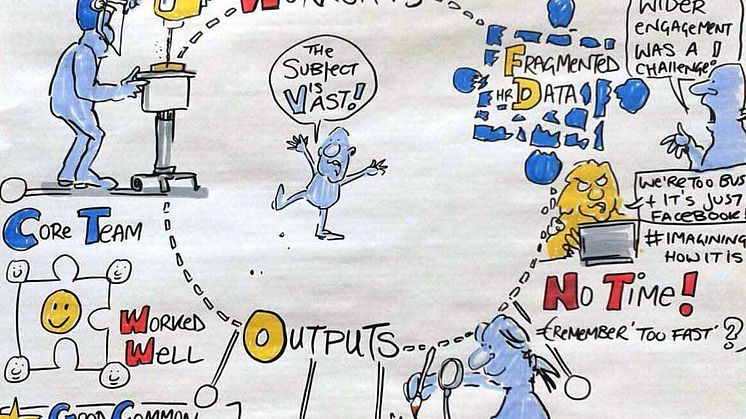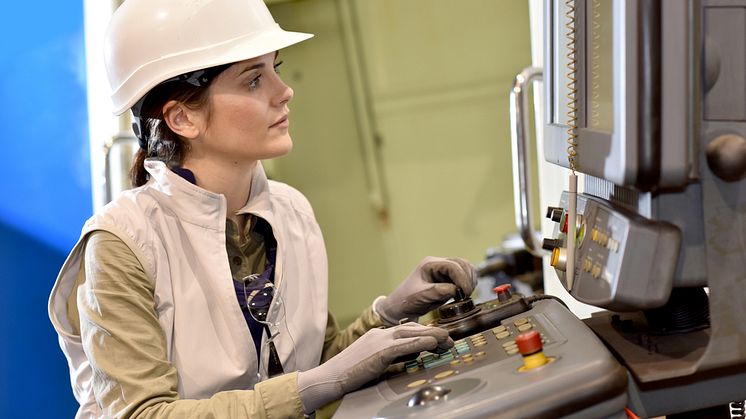Save the date: EU Agencies Forum in the European Parliament on 6 – 7 December 2016
Come see how EU Agencies work and what they deliver to the EU at the EU Agencies Forum in the European Parliament on 6 – 7 December 2016

Come see how EU Agencies work and what they deliver to the EU at the EU Agencies Forum in the European Parliament on 6 – 7 December 2016

The overview report of the pan-European sixth European Working Conditions Survey #6EWCS is launched today 17 November 2016

In the following blog piece, Eurofound researchers Massimiliano Mascherini and Martina Bisello look in-depth at The Gender Employment Gap: Challenges and solutions report, and the collective responsibility to ensure that everyone in Europe has the freedom to participate in the labour market.

Eurofound launches the overview report of its 6th European Working Conditions Survey (6th EWCS) at a joint event with the European Parliament in Brussels, Belgium, on 17 November 2016. Join the debate on Twitter at #6EWCS

Eurofound’s 2016 Foundation Seminar Series has been addressing the theme of the impact of digitalisation on work. The format of the series departs from that of traditional conferences, a central element being the work that participants undertake in workshops. Moreover, linking the first and second sessions is an examination of the national situation carried out by tripartite teams in the participa

Eurofound together with the European Economic and Social Committee (EESC) and Workage (an EU-funded project) held an interactive conference on the theme of sustainable work in the EESC premises in Brussels on 29 September.
The event brought together representatives from business, public policy, research and social partner organisations to explore new findings from Eurofound on sustainable work

As part of its commitment to further increase the relevance and usefulness of its work for its target audiences, Eurofound carries out an annual user satisfaction survey. Feedback from stakeholders and users helps Eurofound to continuously improve its publications and other outputs. This year’s survey, being carried out once again by market research company GfK Belgium, was launched on 11 October

Despite the dramatic transformation of collective industrial relations in recent decades, there are good reasons why they still play an important role in EU Member States and in society today. Well-functioning industrial relations are efficient mechanisms for achieving better business performance, act as tools for redistributing income, and provide a set of collective values for a society as a who

The second session of the 2016 Foundation Seminar Series (FSS) took place on 13–14 October in the premises of the Federal Ministry of Labour and Social Affairs in Berlin.
The event continued and built on the progress made at the first session, in Dublin in May, on the theme ‘The impact of digitalisation in the European Union: Building up national agendas for better implementation of digital cha

The EU would be an estimated €370 billion better off each year if the employment rate of womenequalled that of men.
This figure, which is equal to 2.8% of EU GDP, is the sum of income not earned and welfarecontributions not made plus the cost of welfare transfers. (It does not, however, take account ofthe economic contribution of women not active in the labour market.) The finding comes from aE

In the following blog piece Eurofound Director Juan Menéndez-Valdés looks at the issue of the gender employment gap in Europe, and how the difference in labour market participation between women and men has far-reaching implications.

Il nuovo rapporto di Eurofound – "Gender Employment Gap: challenges and solutions” è stato presentato al Parlamento Europeo martedì 11 Ottobre 2016.
Nonostante il tasso di occupazione femminile sia aumentato durante la crisi economica, la divergenza nell’occupazione tra uomini e donne in Europa e nella maggior parte dei paeasi membri è ancora significativa. A questo proposito, il rapporto si co
